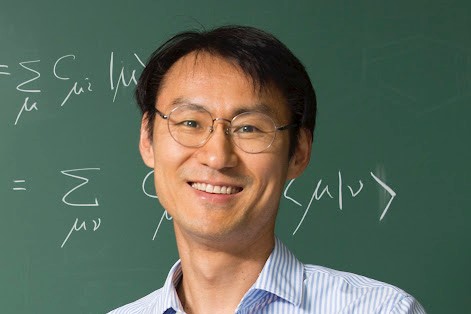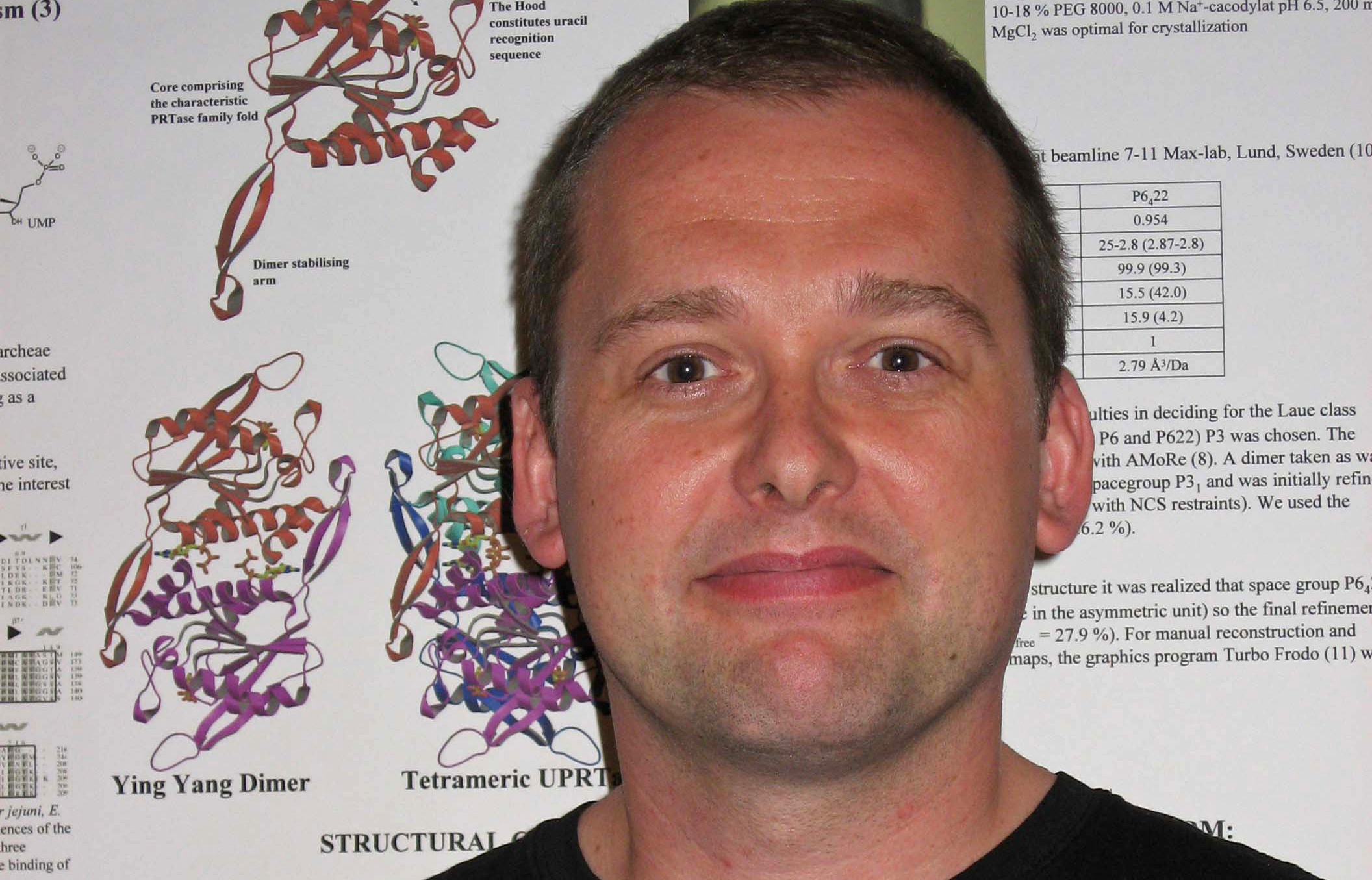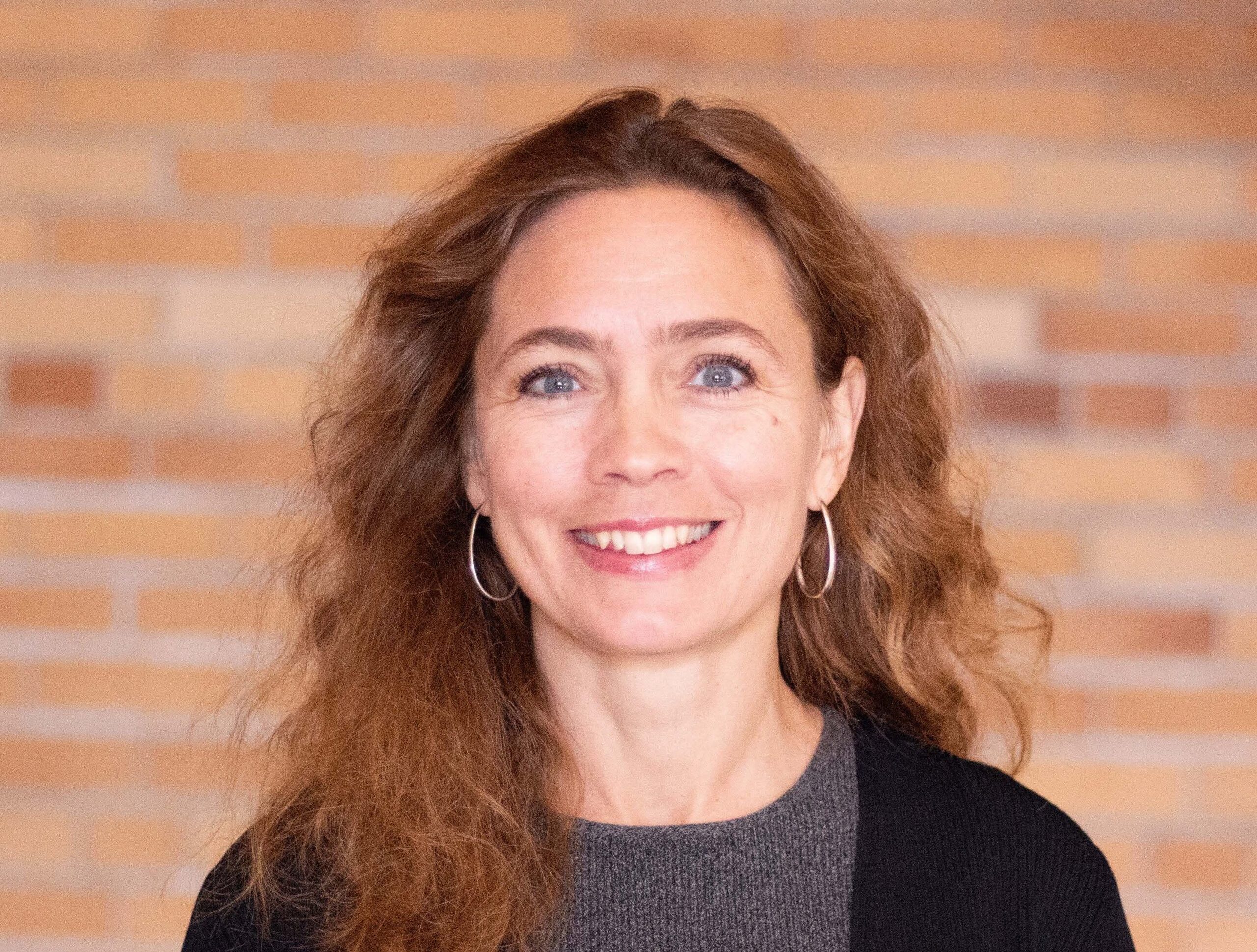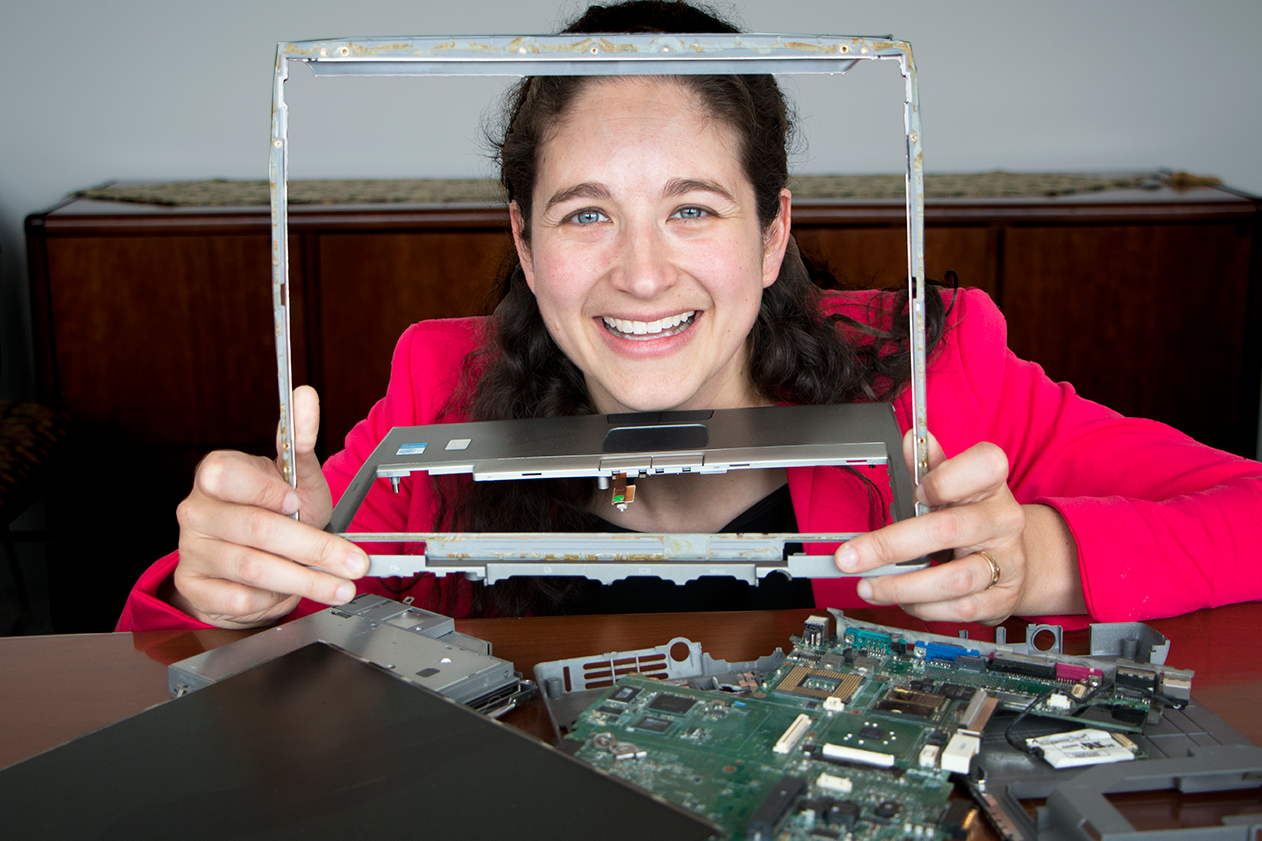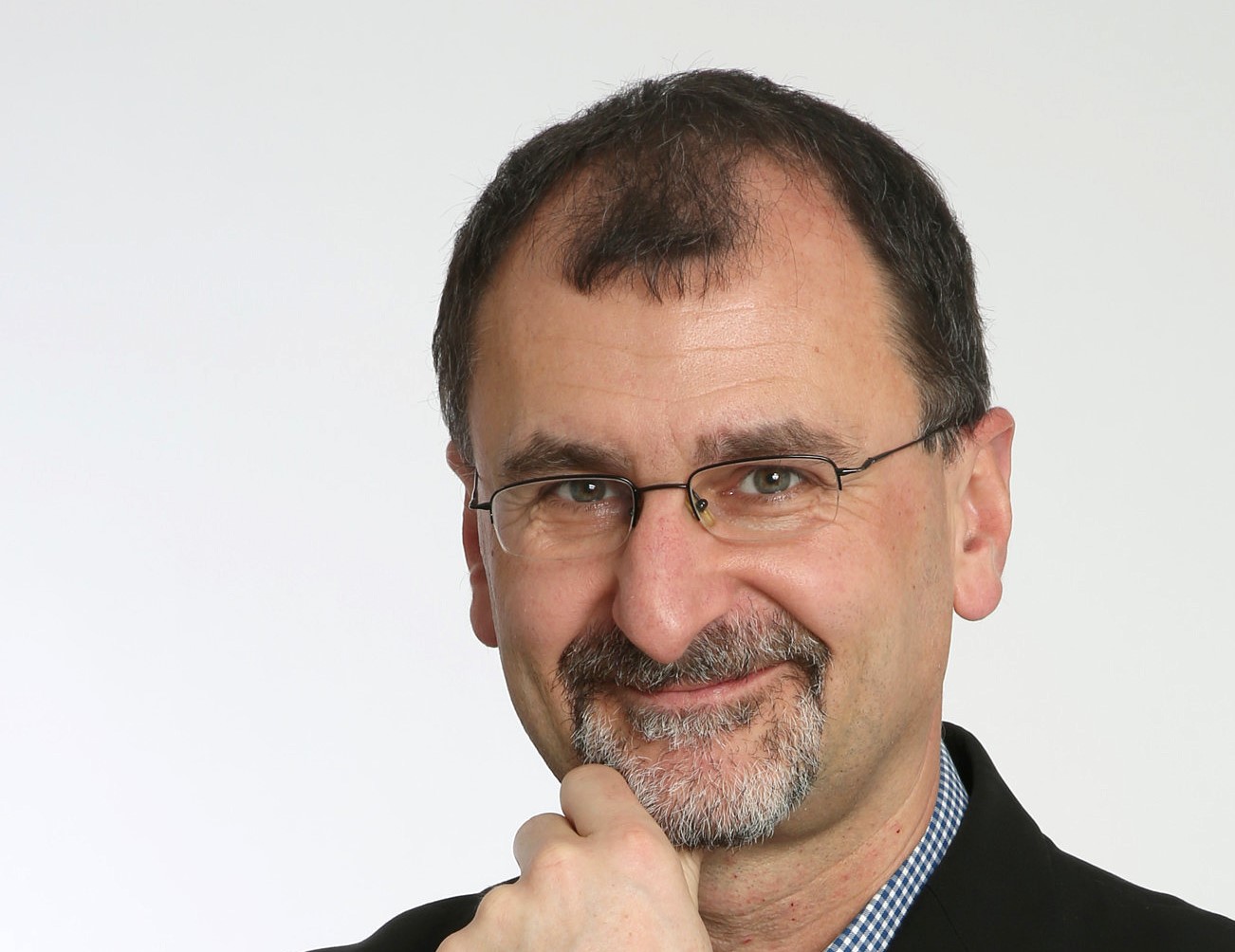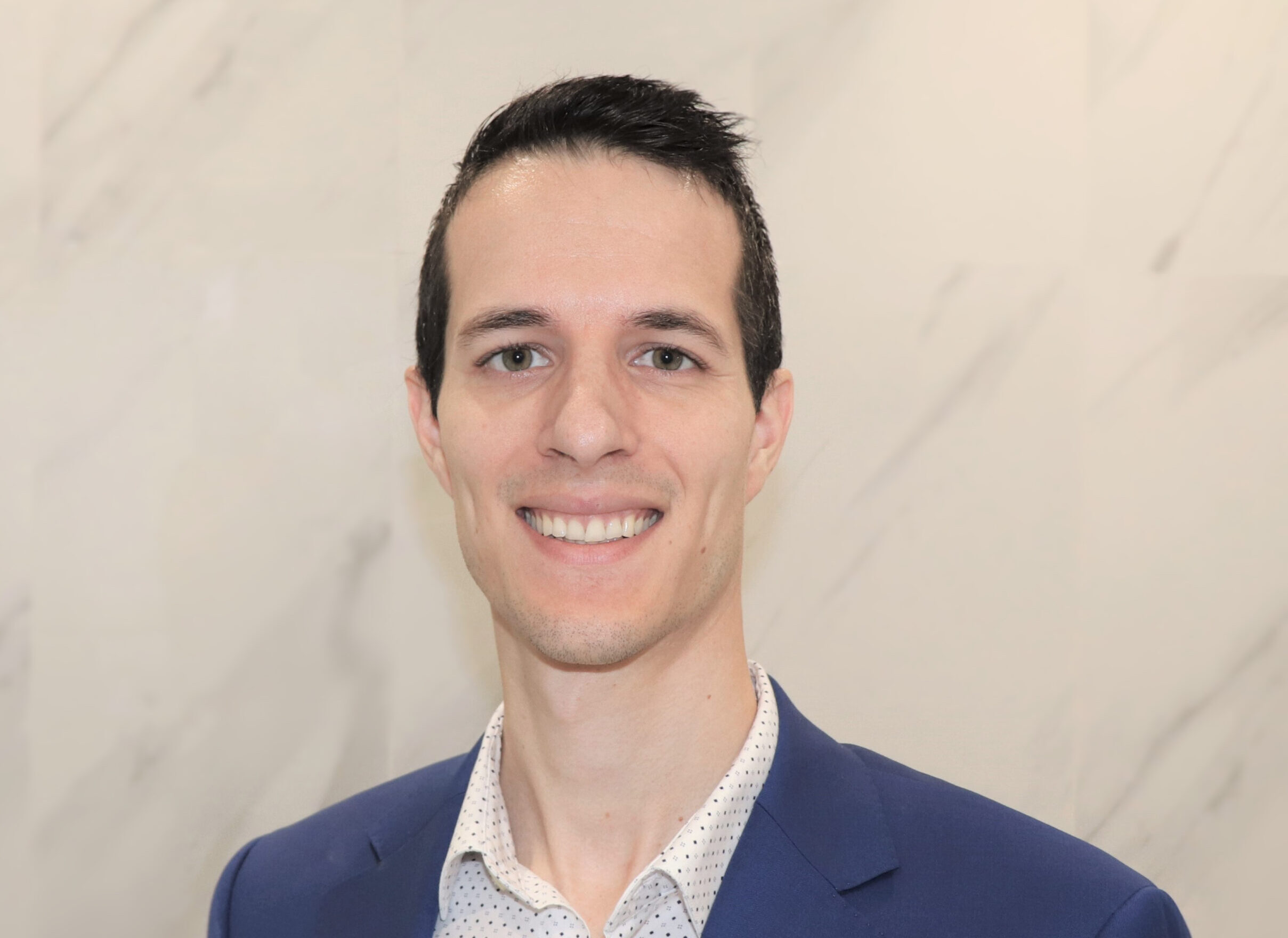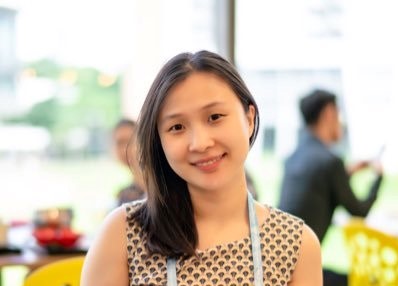Professor Yousung Jung delivered an A3MD Distinguished Seminar entitled: “AI-Accelerated Materials Structure-Property-Synthesizability Prediction”
The constant demand for new functional materials calls for efficient strategies to accelerate the materials design and discovery. In addressing this challenge, materials informatics deals with the use of data, informatics, and machine learning (complementary to expert’s intuitions) to establish the materials structure-property relationships and to make a new functional discovery in a rate that is significantly accelerated. In forward mapping, one aims to predict the materials properties using their structures as input, encoded in various ways such as simple attributes of constituent atoms, compositions, structures in graph forms, and etc, while in inverse mapping, one defines the desired property first and attempts to find the materials with such property. In this talk, I will mainly focus on the method of machine learning for fast and reliable evaluation of materials properties with a particular emphasis on catalysis applications, and also describe a method to predict the synthesizability of inorganic crystals based on structural encoding.

